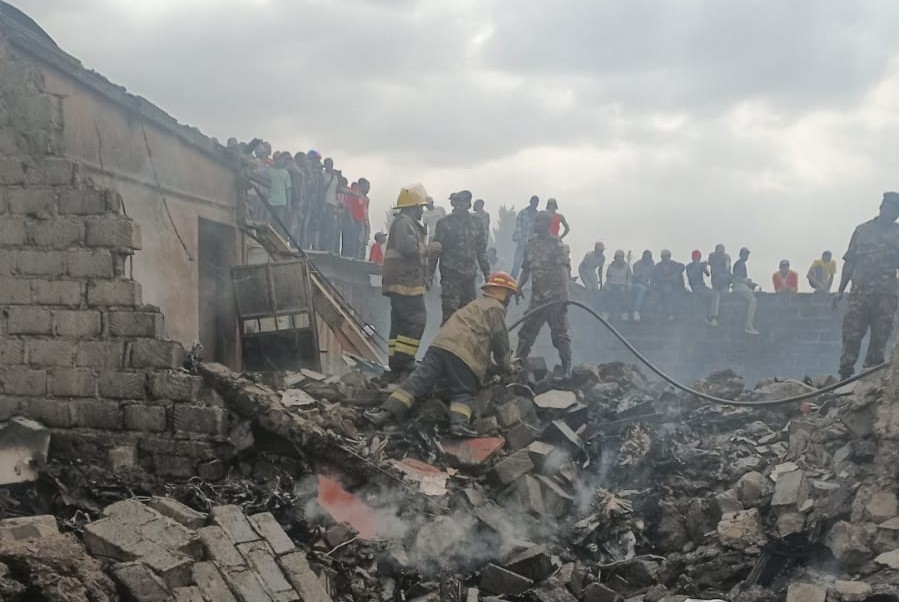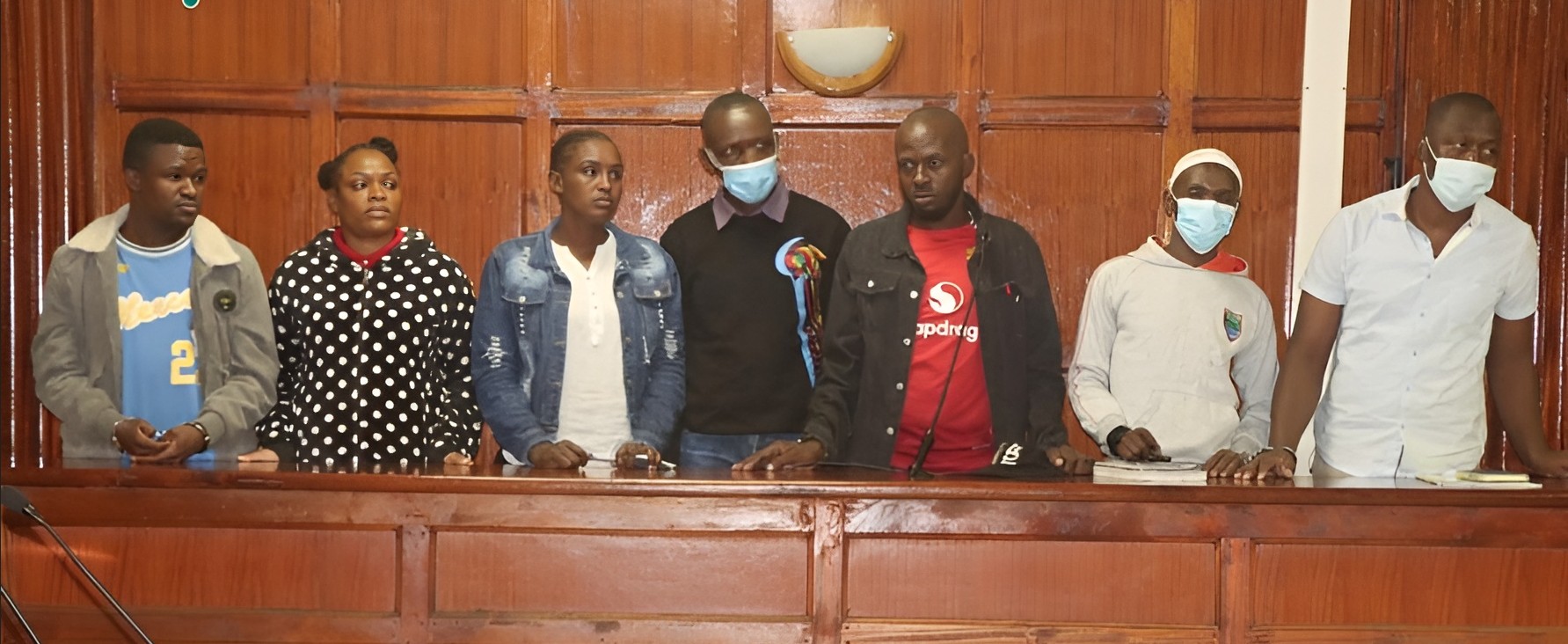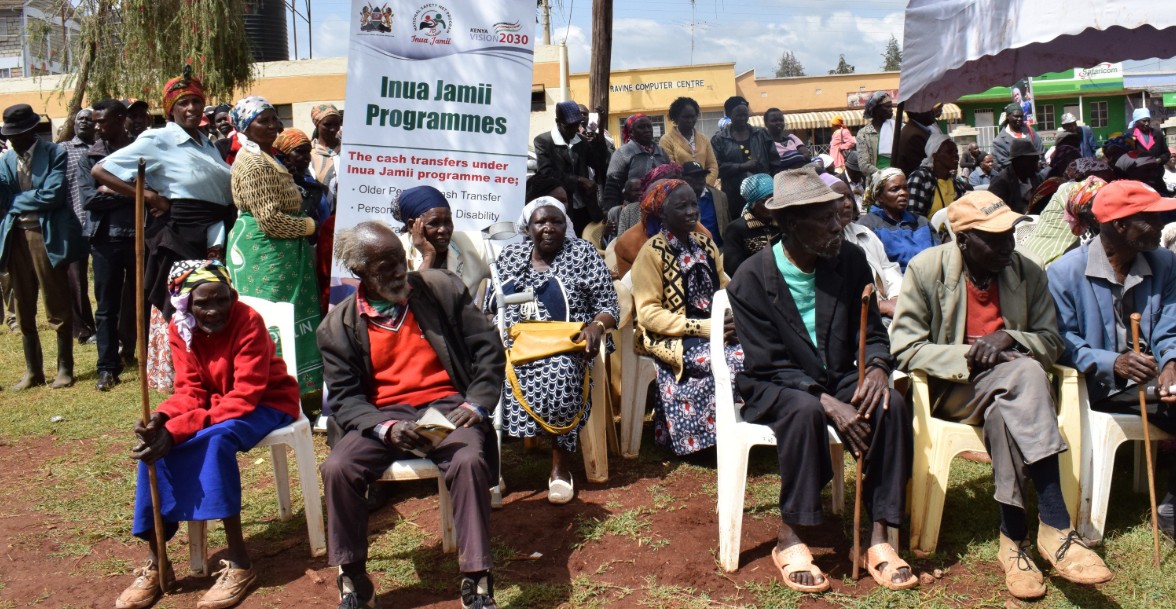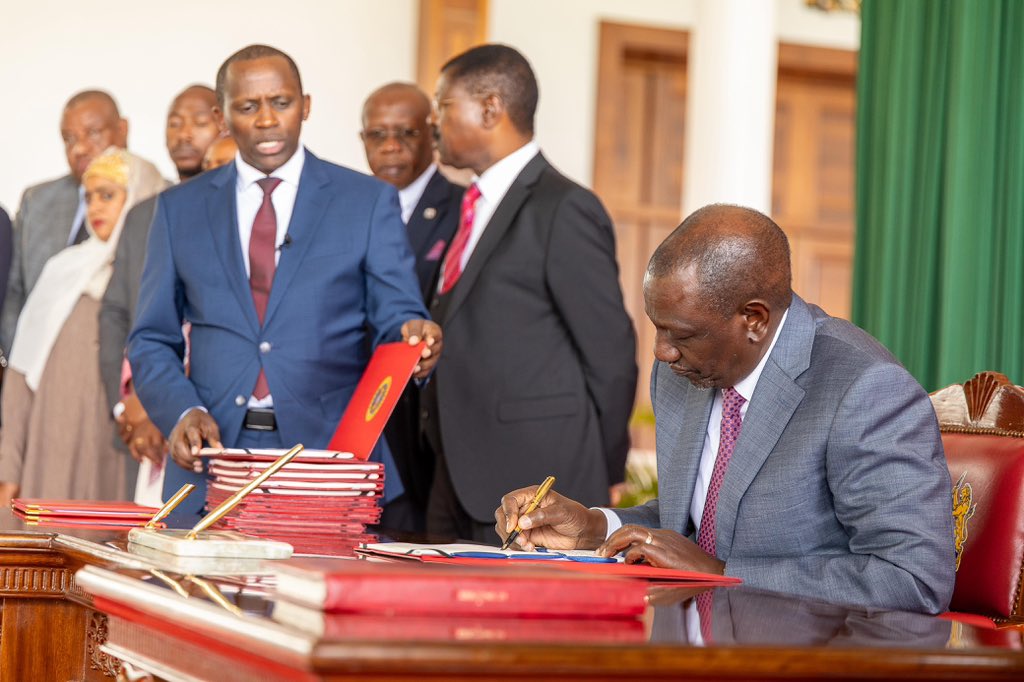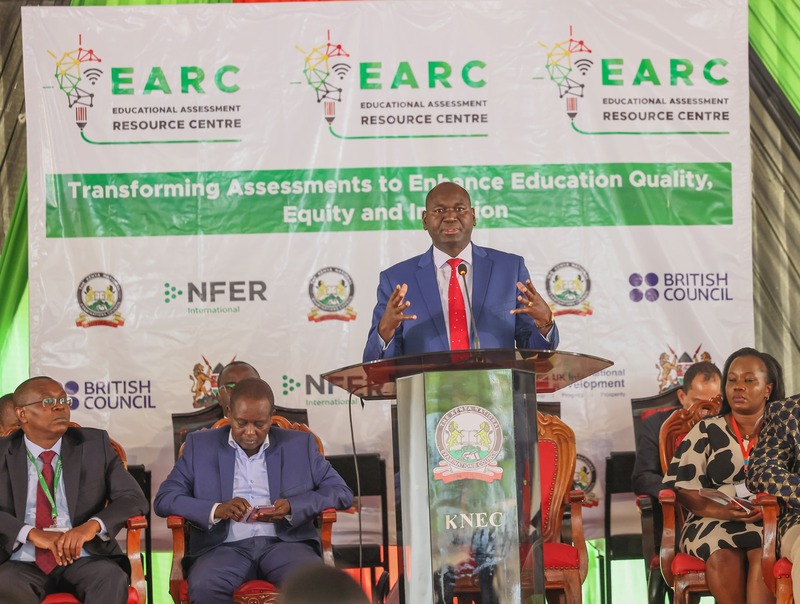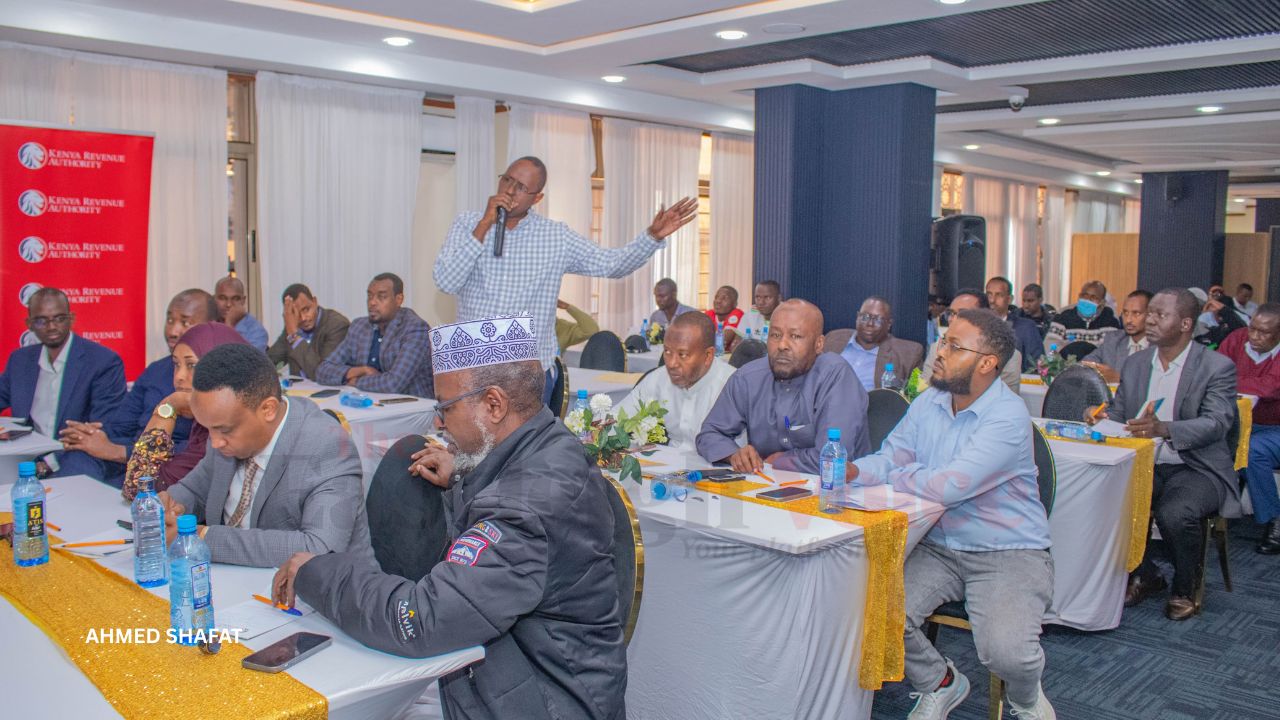The unsettling tradition of forced marriages, kidnapping brides in Kenya's Boni community
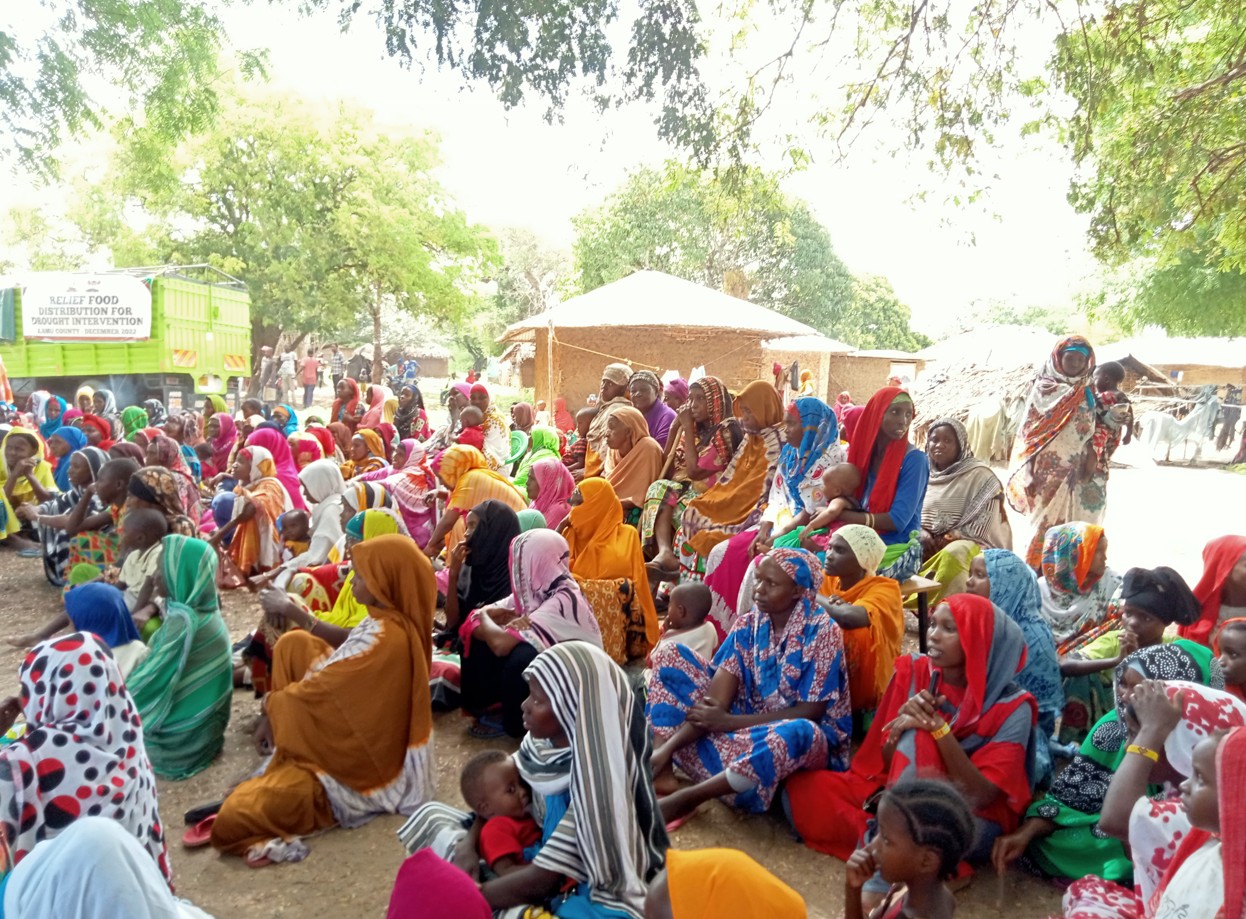
Many Boni girls were captured while fetching water in rivers, collecting firewood or working in the fields.
The Boni in Lamu is among a few Kenyan communities where consent was not sought for girls when a hand for marriage came their way.
Here, girls had no choice but rather accept marrying their kidnappers. The Bonis are a minority tribe, also identified as the Aweer.
More To Read
- Third suspect charged with murder of Gaala Adan, 17, killed after rejecting forced marriage in Wajir
- Kilifi religious leaders unite to tackle early marriage and gender inequality in bold new campaign
- Five elite officers killed, five injured in Al-Shabaab ambush in Lamu’s Boni Forest
- Commission demands exhumation of Gaala Abdi to aid murder probe
- KNCHR demands swift justice for murdered refugee teen girl in Wajir
- 17-year-old Gaala Aden’s last plea for help before her gruesome death in Wajir
They live in Lamu’s Boni Forest as they are, as well, known to be a forest community that has been leading an age-old lifestyle.
The Bonis are still known traditionally or culturally as hunters and gatherers. They also harvest wild honey in the dense Boni Forest for their livelihood.
They live in at least ten villages situated within the dense Boni Forest. They include Pandanguo, Jima, Bar’goni, and Mswakini in Lamu West.
Others are Milimani, Basuba, Mangai, Mararani, Kiangwe, Madina, and Bodhei, all in Lamu East Sub-County.
Elders interviewed by The Eastleigh Voice revealed that capturing brides was a common form of marriage among the Boni.
Diza Doza, a Boni Elder at Bar’goni Village, Lamu West said when a bride was captured or kidnapped, the process of negotiation would then occur in secret or after the bride had already been captured and even lived with the husband.
According to Doza, many Boni girls were captured while fetching water in rivers, collecting firewood or working in the fields.
Despite the ideology perceived as one that was oppressing the female gender, girls, however, did not resist the ‘kidnap.’
“Yes. We’ve so many women who are now aged that were married similarly or captured while fetching water with their jerricans in rivers, lakes and other places. They still lived happily,” said Doza.
Doza said the style was also viewed as a forced one but surprisingly, many women who got married that way lived happily with their husbands.
"No say"
He reiterated that a woman had no say or voice in the decisions regarding which man she would marry.
“Often, girls or women who were found and loved by men, whether on the streets or the roads, rivers and lakes ended up being carried in the men's shoulders and taken to their marital homes,” said Doza.
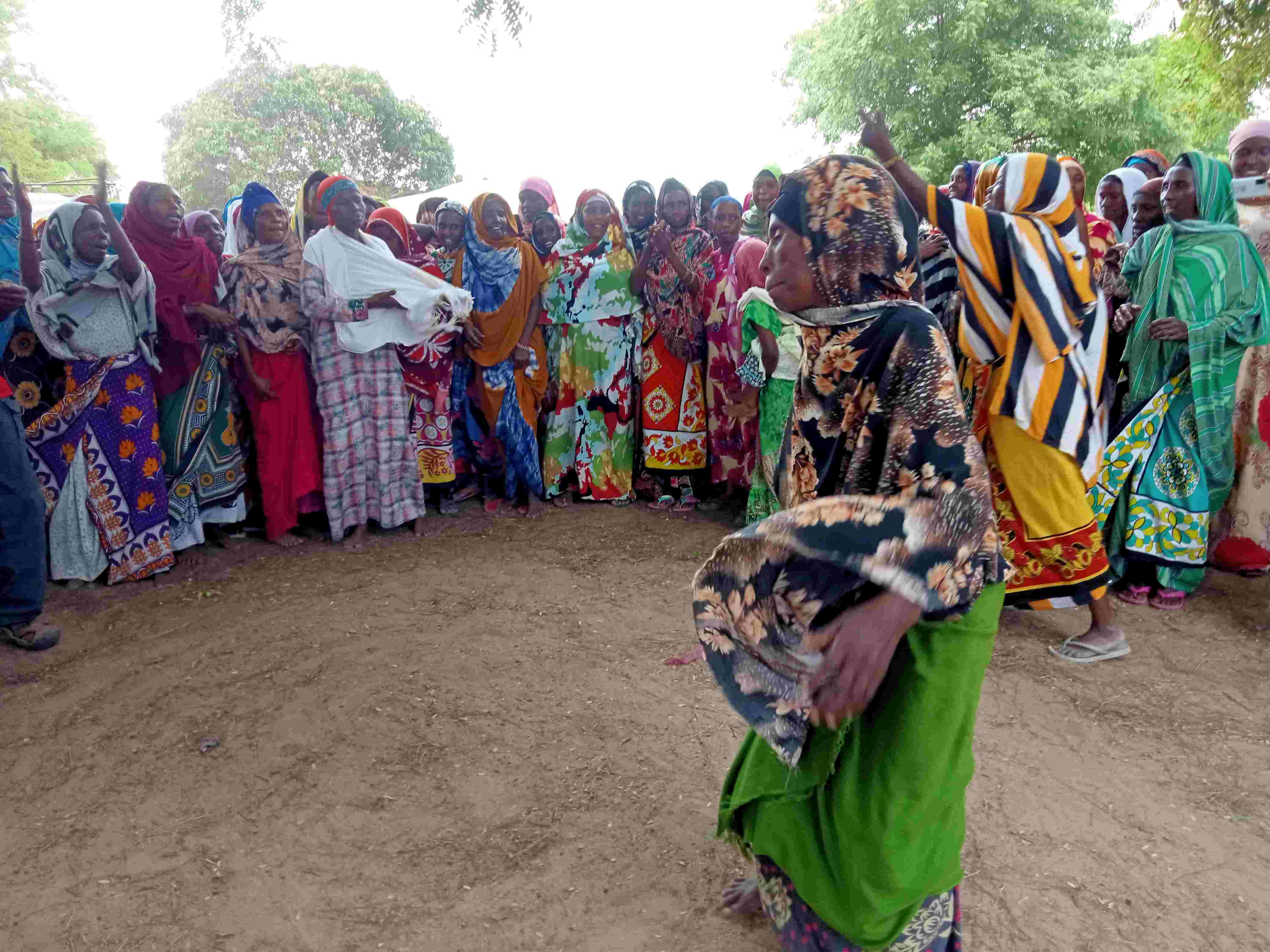 Boni women at Bar'goni village in Lamu County. The Boni people practised forced marriages in the past, including abducting or capturing brides for a hand in marriage. (Photo: Farhiya Hussein)
Boni women at Bar'goni village in Lamu County. The Boni people practised forced marriages in the past, including abducting or capturing brides for a hand in marriage. (Photo: Farhiya Hussein)
Abdalla Batika, an elder of the Boni in Basuba, noted that in the olden days, women’s decisions in the Boni Community were based entirely on men.
That is, they had no chance or choice to refuse when she was engaged in matters of marriage.
“You would find a girl on the street or on the side of the road and if you liked her, you would approach her and carry or whisk her away to your home. That's how most of us married our wives," said Batika.
He says that once a woman got married, the husband's parents were the ones who would go to the wife's parents and inform them that their son had married into their clan or family.
Batika said the parents of both parties would discuss and agree on how they would pay the dowry while the husband in question continued to enjoy his marriage.
“You would find yourself as a married man who has reached the age of marriage and is sitting at home and then suddenly a wife is brought to your house. Sometimes it would happen that you and the wife did not even know each other before, so you get to know each other after being married. No objection,” said Batika.
Another tradition that seemed to oppress both women and men in the Boni community was the prohibition of marrying or being married to members of another community or tribe.
Salim Tenee, an elder of the Boni community in Milimani village, says it was taboo for a Boni man or girl to bring someone from another community as their wife or husband.
“The elders would not allow a Boni woman to marry a person from a different tribe. A Boni man, as well, would also not be allowed to marry outside his community. In other words, here the Bon people only married among themselves,” said Tenee.
Fatma Gurba, a resident of Mangai, said she was married through an arranged marriage by her parents.
Gurba said she only knew about her husband when they first met when she was taken to her home by the elders.
She says that despite experiencing some fear in the early days, her love for her husband later grew to the point where they are now parents of six children.
“My husband and I did not know each other. I was informed that I would be married to a young man from a particular family. After my parents agreed with my future husband's parents, I was taken by the elders to my husband’s home at night. That is how I was married off," said Gurba.
Another tactic that the Bonis used was for one family to betroth a daughter to a man at a young age.
According to Kokane Abdi, a resident of Mararani, young girls between the ages of five and 10 were booked early.
Abdi says a family would arrive at a certain homestead and ask to be allowed to raise their daughter until she reached marriageable age.
"Here, you will find the young man's family fulfilling the responsibilities of raising the girl in question by sending the parents clothes, food and even a little money to support the girl’s upbringing until she reaches adulthood. Later, the elders take her and bring her to the young man's home, get married off," said Abdi.
Despite these cultures that appear to have oppressed women for many years, today things have changed.
Many Bonis interviewed admitted witnessing significant changes in recent years as intermarriages have become a common trend.
Abdalla Hamisi says that many of his girls and boys have married or are marrying other tribes, contrary to the past where it was a taboo for the Boni people to marry outside their community.
“My daughters are married to Giriama. The Kikuyu, Luo, Kamba and others have also visited Boni Boni forest to get married or girls brought here after getting married by our sons. There is quite a bit of intermarriages and lots of mingling in recent times and we’re happy about that,” said Hamisi.
Top Stories Today

